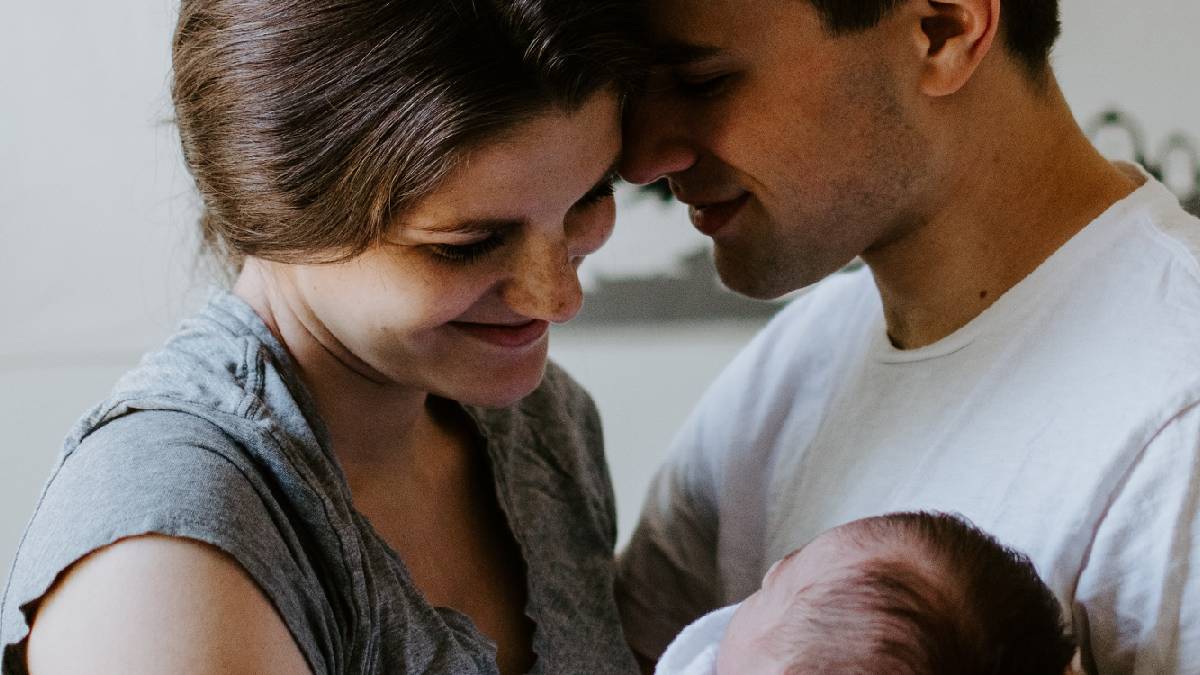
Does Becoming A Parent Make You Less Trusting Of Others?
New research examines how our personality can change when transitioning into parenthood.

By Mark Travers, Ph.D. | March 18, 2022
A new study published in the Journal of Research in Personality provides a counterargument to theories that suggest adults become less trustworthy and more disagreeable when they become parents.
To better understand these findings, I recently spoke to Olga Stavrova of Tilburg University in the Netherlands. Here is a summary of our conversation.
How would you describe a person that is generally 'trusting' of others? What traits do they have?
Someone who scores high on trust has a default assumption that most people are trustworthy, honest, and generally good; that human behavior is not primarily motivated by self-interest. Generalized trust is about trust in strangers, not trust in one's family and friends or other people one knows.
Trusting people tend to be happier and more satisfied with life, they are less neurotic, more agreeable, have a stronger sense of control over what happens in their life, are usually better educated and in better physical health.
What inspired you to investigate the topic of interpersonal trust during the transition into parenthood, how did you study it, and what did you find?
Transition to parenthood is a major life event associated with many changes in individuals' life. However, prior research on how this transition shapes personality has shown only very minor and inconsistent effects. We assumed that the transition might have stronger effects when it comes to more malleable dispositions, such as beliefs and worldviews and decided to focus on trust.
Becoming a parent might require individuals to become more trusting as raising children is impossible without trusting other people and social institutions; e.g., new parents have to trust that the daycare workers will take good care of their baby.
We tracked individuals' trajectories of trust development across the transition to parenthood and compared them to similar individuals who did not experience the transition. We found that individuals who became parents experienced a gradual increase in trust in the years following the transition; there was no similar trend in individuals who stayed childless.
What is egocentric projection and is it able to make someone more or less trusting of others?
Egocentric projection is the tendency to assume that other people are similar to oneself. According to some theories (e.g. social investment theory of personality development), the transition to parenthood might contribute to personality maturation, e.g. this theory assumes that individuals who become parents tend to become more agreeable and more conscientious. Egocentric projection would make parents assume that others are also more agreeable and therefore more trustworthy. This is however just a speculation, we did not test this possibility.
What impact do you hope your research has on prospective parents and the way they think about trust?
Empirical studies on parenthood tend to paint a dark picture, showing that parenthood is associated with decreasing happiness, marital satisfaction, self-esteem etc. Our study points at some "bright sides" of parenthood, showing that it is associated with increasing trust (and trust is a positive trait, associated with many positive life outcomes – s. below).
Your research talks about negative, cynical versus a more optimistic view of human nature. Is one inherently better than the other?
Yes, cynicism has been associated with many negative life outcomes, including bad health, higher mortality, poor relationships, worse careers, depression, and unhappiness.
Do you have plans for follow-up research? Where would you like to see research on trust and the transition into parenthood go in the future?
It could be interesting to explore the exact mechanisms of this effect (why exactly do parents show an increase in trust). Also, I would be curious to study how other major life events shape cynicism and trust.
